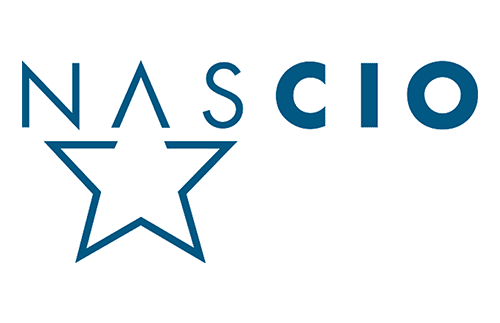Last week, we were proud to announce how the California Secretary of State’s office picked SimpliGov as a government workflow automation provider. Besides being part of Sacramento’s continued quest for efficiency, there were other new demands being put on state services that drove that decision.
One of the biggest (and most urgent)? The impact of cannabis product legalization on public services.
Due to the passage of Proposition 64 in 2016, California was about to become – as of January 1, 2018 – the biggest state in the U.S. to legalize the cultivation and sale of recreational marijuana for adults.
Legalization required government automation – fast!
For the agencies charged with licensing and regulating this new trade, it’s a ginormous task. Analysts have projected the legal pot business in California to quickly become a $5 billion industry bringing in $1 billion in yearly tax revenue. So the flood of work the Secretary of State’s office and other departments faced would be overwhelming for unmodernized processes.
How could the Secretary of State’s office use government automation to manage this tide? California’s Secretary of State, Alex Padilla, answers this in the video below (which features a quote from our own Paul Hirner). Already, his department was launching automated workflows and online e-forms allowing all California businesses to quickly and conveniently register trademarks and service marks.
That capability would be invaluable to cannabis-related businesses expected to submit a flood of service mark requests. As one legal pundit pointed out last summer:
Given that California is the most populous state…and that it is currently impossible to obtain a nationwide trademark for cannabis products, the California Secretary of State may be overwhelmed with cannabis related trademark applications on January 2, 2018.
Proposition 64 had, in fact, expanded provisions of California’s Model State Trademark law. Now it allowed the state to grant indicia like state service marks to businesses dealing in “medical cannabis and nonmedical cannabis goods and services.”
For businesses looking to secure service marks for their weed-related wares, California’s willingness to extend these protections was a big deal. Though the overall legality and licensing issue remains clouded, as it has for years, the Secretary of State still needed to put a more effective system in place for dealing with service mark applications.
Processing those registrations is a major challenge when you ponder how there are 1,300 medicinal marijuana dispensaries in California, many expected to apply for consumer licenses. And many will try to register their branded offerings as product segments are proliferating to include everything from oils to edibles.
The automated government forms and workflows the state employed would have to be easy to create and launch. E-forms would have to be able to self-guide registrants through the process of filling them out without live assistance. Plus, the platform supporting it all would have to deliver outstanding speed-to-market and scalability.
Being able to quickly customize and revise forms and workflows is especially vital in light of how policies may sometimes have to shift. For instance, Federal attitudes toward state pot legalization are potentially turning more adversarial. Therefore, any regulatory changes will have to be quickly reflected in what’s communicated to constituents, and how the internal process operates.
What’s happening in California is only one example of why digital transformation isn’t an option or luxury for governments anymore. There are already some stats that tell the tale. Like the fact that the state’s Bureau of Cannabis Control needed to keep working through the holiday season to try to process 1,400 pending license applications for retail sales, distribution, testing facilities and other businesses.
Other states, including Michigan, Pennsylvania, and others, are dealing with licensing challenges around consumer and medical marijuana. In every state where legalization has happened, an increasing number of entrepreneurs and established companies are entering this flourishing segment. So self-service online forms and workflow automation tools are going to become more necessary than ever.
Want to find out more about how the California Secretary of State’s office is serving cannabis-sector businesses? Check out their new webpage, Cannabizfile.














